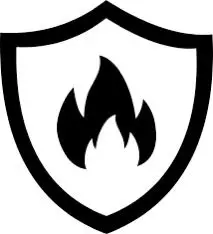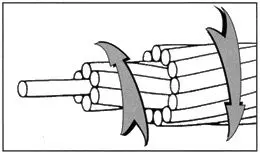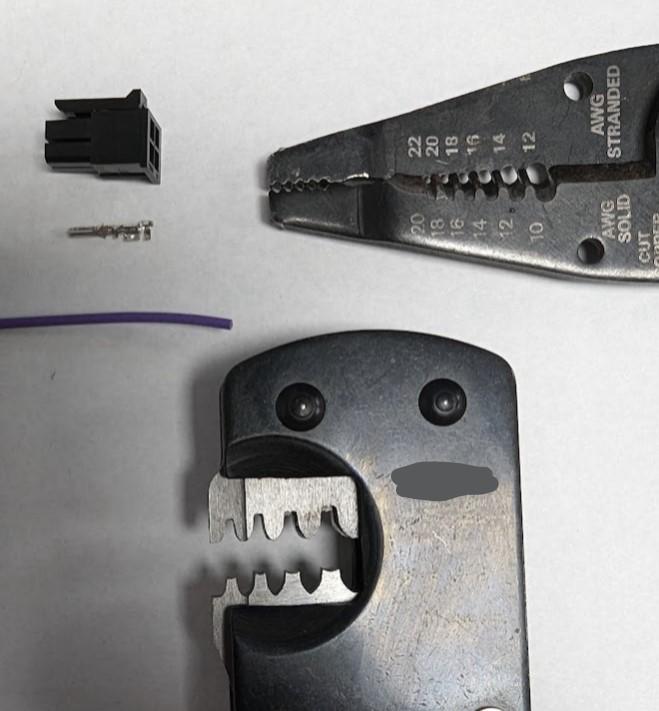Introduction
High-heat and chemical-resistant wires are crucial components in various industries, particularly in automotive applications. Among the notable wire types in this category are TXL, M22759/16, and M22759/32. These wires exhibit superior performance in extreme environments, making them essential for demanding applications. This article aims to provide a comprehensive comparative analysis of these wire types, focusing on their construction, standards, and applications.
Wire Construction and Characteristics
The primary differences among TXL, M22759/16, and M22759/32 wires are rooted in conduit thickness and the chemical composition of the insulation. TXL, being the thickest of the three, boasts bare copper strands, while both M22759/16 and M22759/32 feature tin-plated copper strands. This distinction influences their performance in high-temperature and chemically aggressive environments. Additionally, M22759/32 stands out as the lightest and most compact option, with an outer diameter 15% smaller than that of M22759/16.
Standards and Ratings
Each wire type adheres to specific industry standards and ratings, further defining their suitability for diverse applications. TXL is compliant with standards such as SAE J-1128, Ford (M1L-123A), and Chrysler (MS-8288), making it a popular choice for automotive use. In contrast, M22759/16 and M22759/32 are rated to SAE AS22759, designed for extreme environment aerospace applications, as well as for use in severe weather and moisture-prone (SWAMP) areas. These standards underscore the robustness and reliability of these wires in challenging conditions.
TXL:
Temp rating: -51C to +125C
Voltage rating: 50V
Insulation: XLPE (Crosslinked Polyethylene)
Conductor Stranding: 7/28
Example insulation for size 20 AWG: MAX O.D. 0.070”
Example weight for size 20 AWG: 5 LBS/MFT (0.005LB/FT)
M22759/16
Temp rating: -55C to +150C
Voltage rating: 600V
Insulation: ETFE (Etyhlene-Tetrafluorehtylene)
Conductor Stranding: 19/32
Example insulation for size 20 AWG: MAX O.D. 0.062”
Example weight for size 20 AWG: 4.3 LBS/MFT (0.0043LB/FT)
M22759/32
Temp rating: -55C to +150C
Voltage rating: 600V
Insulation: XL-ETFE (Crosslinked Etyhlene-Tetrafluorenhtylene)
Conductor Stranding: 19/32
Example insulation for size 20 AWG: MAX O.D. 0.052”
Example weight for size 20 AWG: 4 LBS/MFT (0.004 LB/FT)
Applications and Comparative Analysis
The selection of the appropriate wire type is contingent upon the specific requirements of the application. In automotive contexts, TXL serves as an entry-level wire, offering cost-effective solutions for essential automotive applications. M22759/16 represents a mid-range option, providing a balance between performance and affordability, making it suitable for a wide range of applications. Meanwhile, M22759/32 stands as the top-tier choice, excelling in weight reduction and compactness, making it ideal for applications where minimizing weight and space is paramount.
Conclusion
In conclusion, the selection of wire types TXL, M22759/16, and M22759/32 depends on the level of investment and specific project goals. While TXL offers a robust yet cost-efficient solution, M22759/16 strikes a balance between performance and cost, and M22759/32 excels in weight reduction and compactness. Understanding the distinct characteristics and applications of these wire types is essential for making informed decisions in various industrial and automotive settings.




